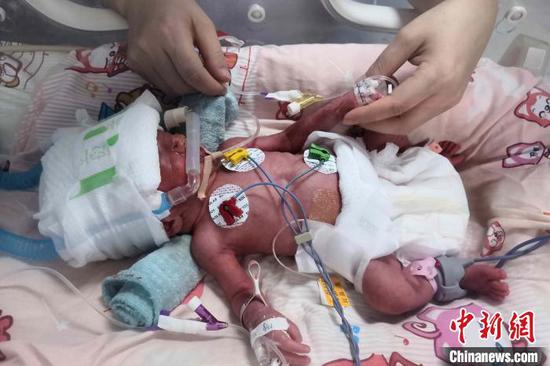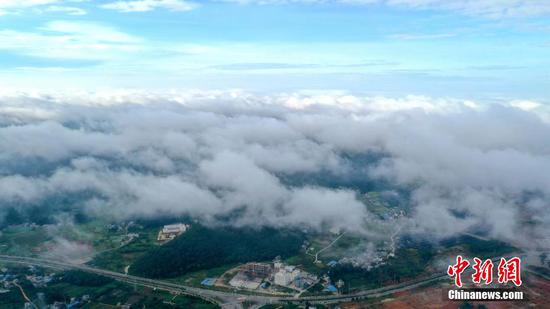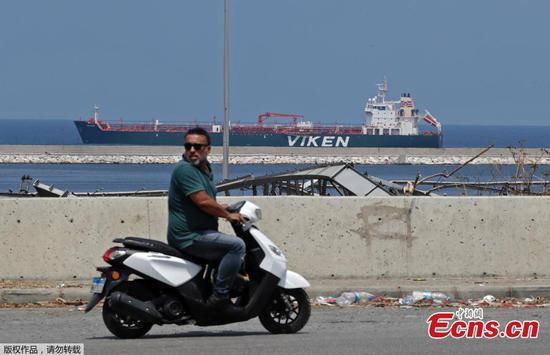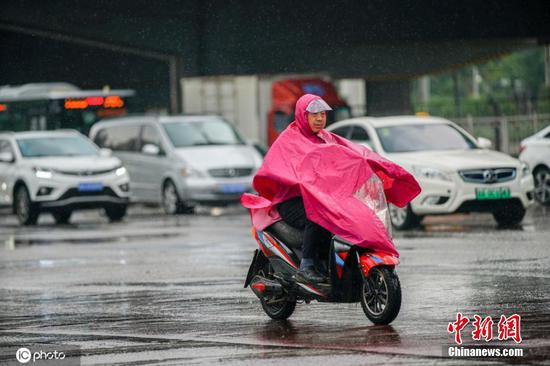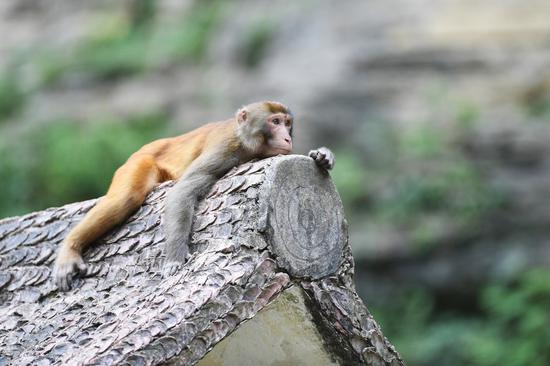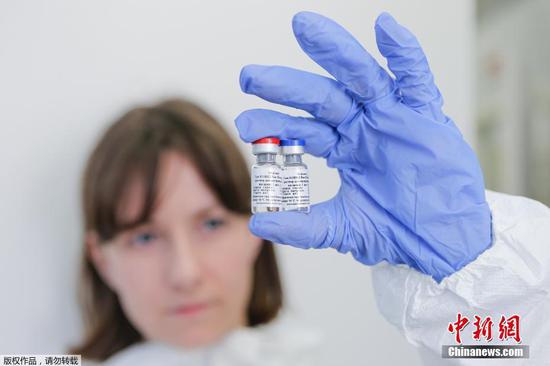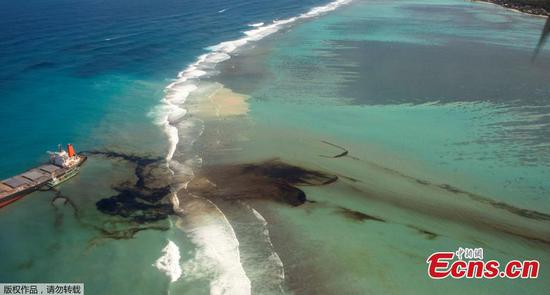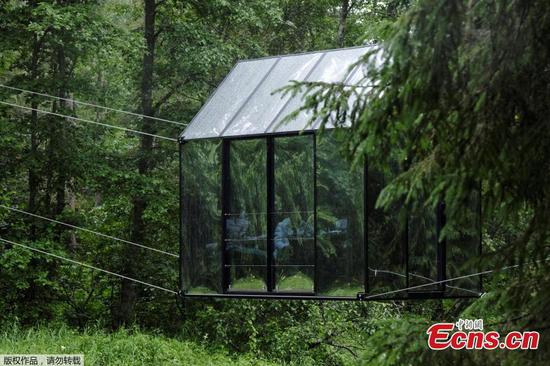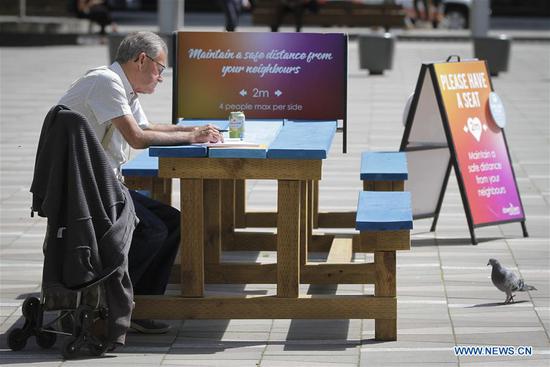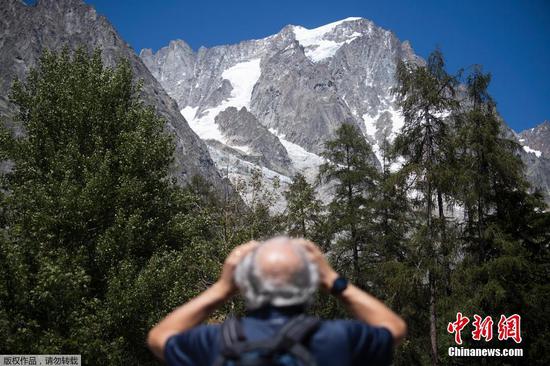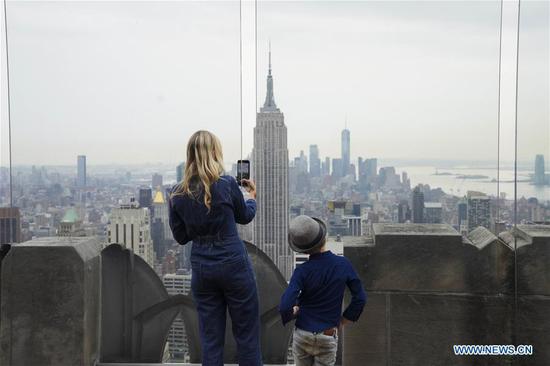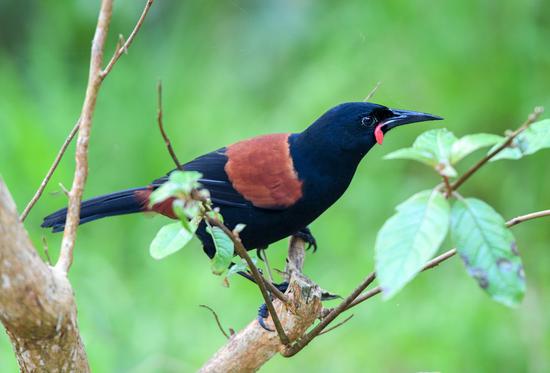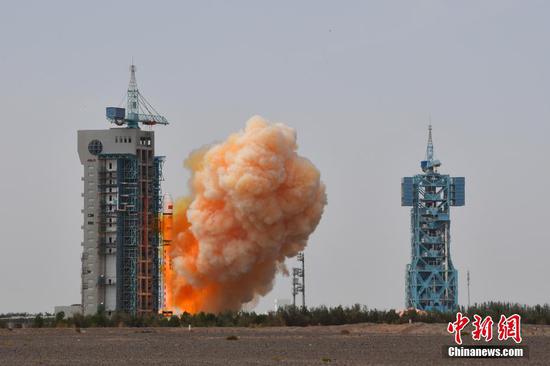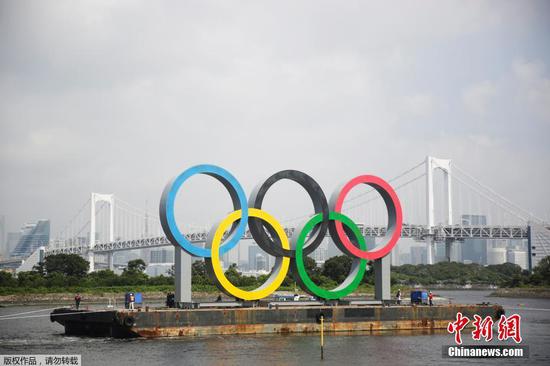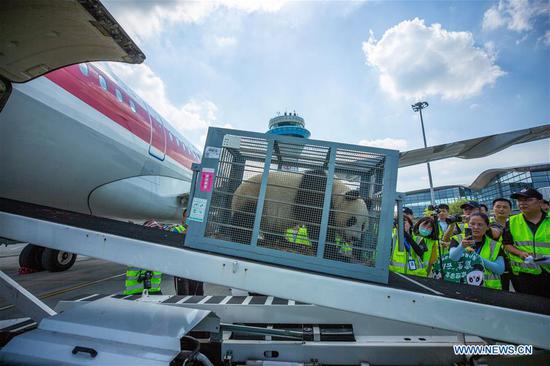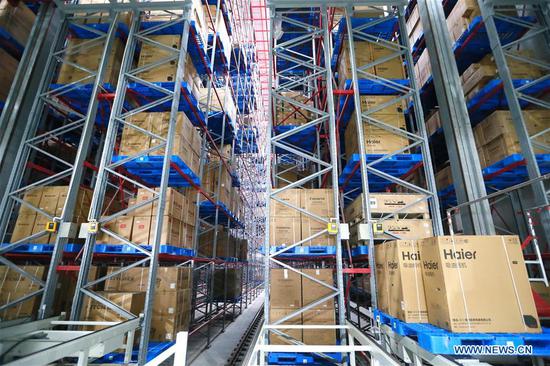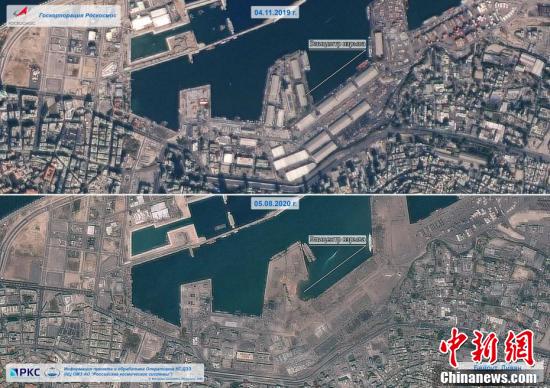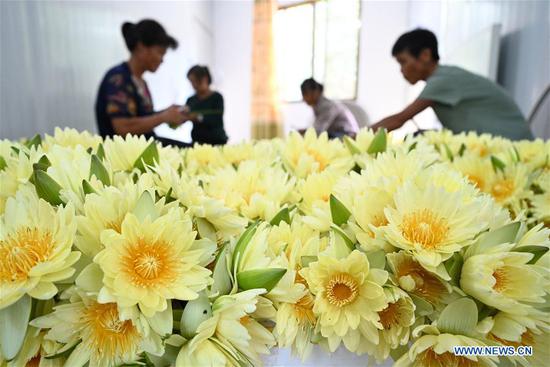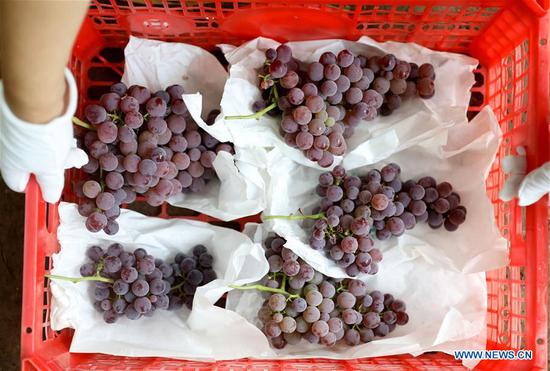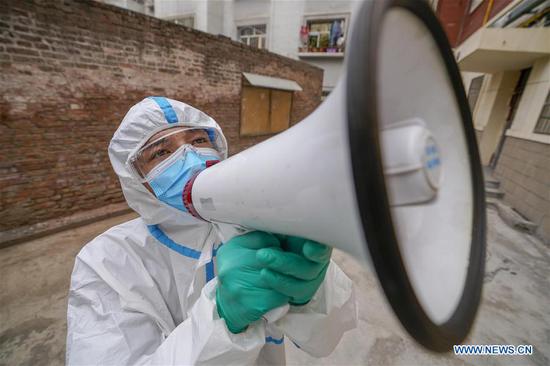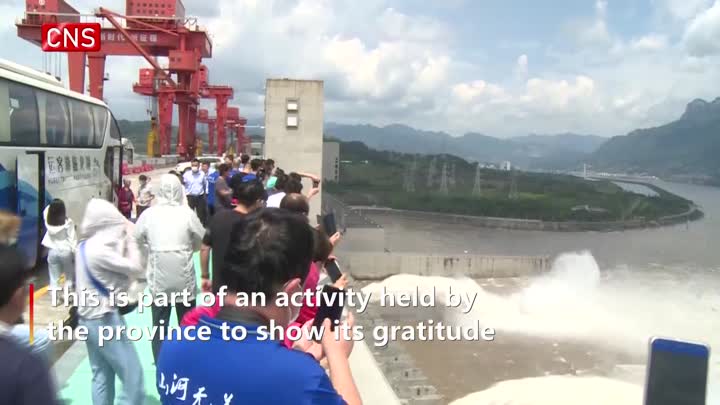Two in five schools (43 percent) around the world lacked access to basic handwashing with soap and water in 2019, a key condition for schools to be able to operate safely amid the COVID-19 pandemic, a UN report has found.
About 818 million children lacked basic handwashing facilities at their schools, which put them at increased risk of COVID-19 and other transmittable diseases, according to a report of the UN Children's Fund (UNICEF) and the World Health Organization that was released on Thursday.
More than one-third of these children (295 million) lived in sub-Saharan Africa.
In the least developed countries, seven out of 10 schools lacked basic handwashing facilities and half of schools lacked basic sanitation and water services, says the report, "Progress on Drinking Water, Sanitation and Hygiene in Schools."
In the 60 countries at highest risk of health and humanitarian crises due to COVID-19, three-quarters of children lacked basic handwashing service at their schools at the start of the outbreak. Half of all children lacked basic water service. More than half lacked basic sanitation service, the report finds.
Overall, one in three schools worldwide had either limited drinking water service or no drinking water service at all. Some 698 million children lacked basic sanitation service at their schools.
"Global school closures since the onset of the COVID-19 pandemic have presented an unprecedented challenge to children's education and well-being," said Henrietta Fore, UNICEF executive director, in a press release. "We must prioritize children's learning. This means making sure that schools are safe to reopen, including with access to hand hygiene, clean drinking water and safe sanitation."










